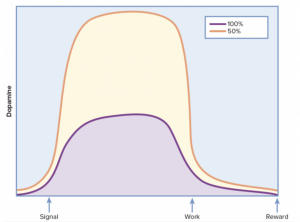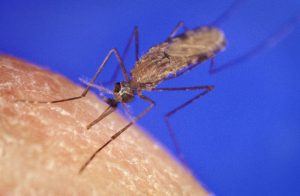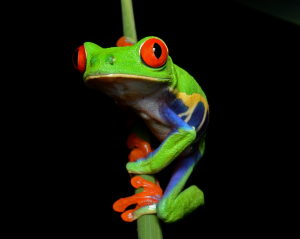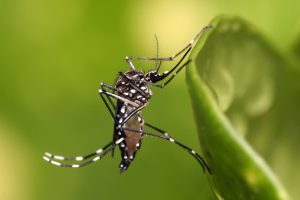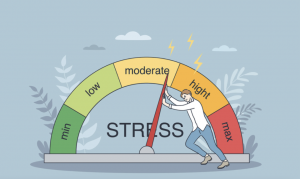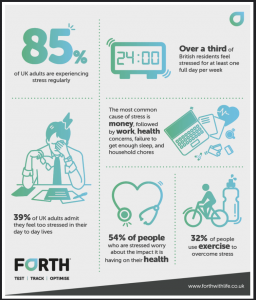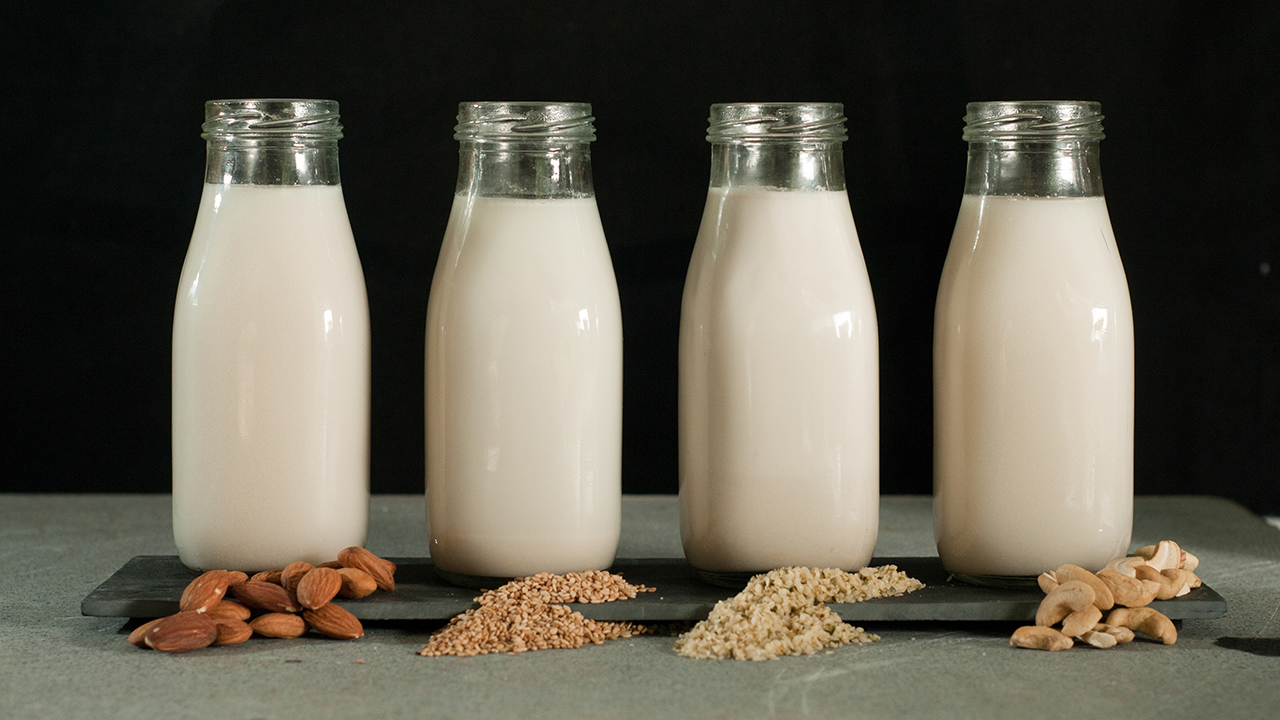Introduction
Browning is the darkening of the flesh that occurs shortly after fruits such as apples and pears are cut, exposing the flesh to air. Although browning is not toxic to humans since the pigment is composed of melanin, browning makes the fruit unsightly and unappetizing to eat . The main cause of browning is polyphenol oxidase (PPO), an enzyme that catalyzes the first two steps of converting the amino acid tyrosine into melanin in the presence of oxygen. Physical and mechanical stresses from slicing fruit physically damage the cellular structure of the flesh, which catalyzes PPO activity as it becomes exposed to oxygen .
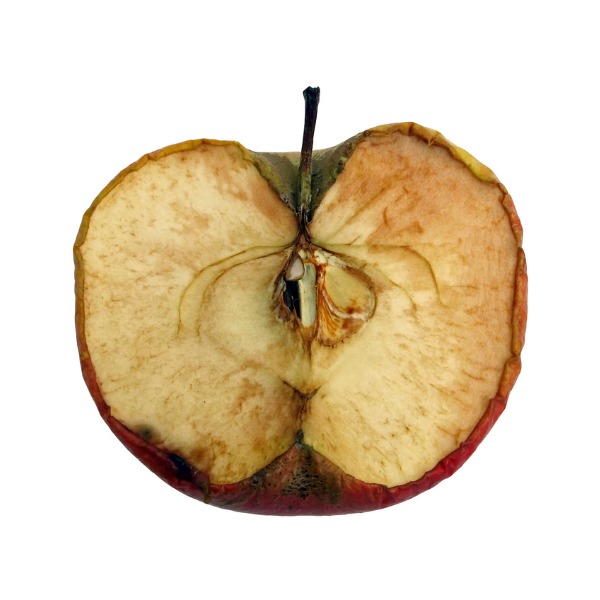 from lets Talk science
from lets Talk science
what is an effective tool to delay apple browning?
Past studies have investigated the effects of different consumable solutions on browning, and citric acid, found naturally in fruit juices, was identified to be a moderate to a high inhibitor of browning . Citric acid is able to slow the onset of browning by lowering the pH of PPO’s environment so that the pH is outside the optimal pH range of 6-7 required for PPO to oxidize the flesh . Although other agents such as chelators and antioxidants can also inhibit PPO through reduction and inhibition, citric acid is more commonly found in foods, especially fruit juices that, when applied to apples, are more likely to preserve the apples’ taste
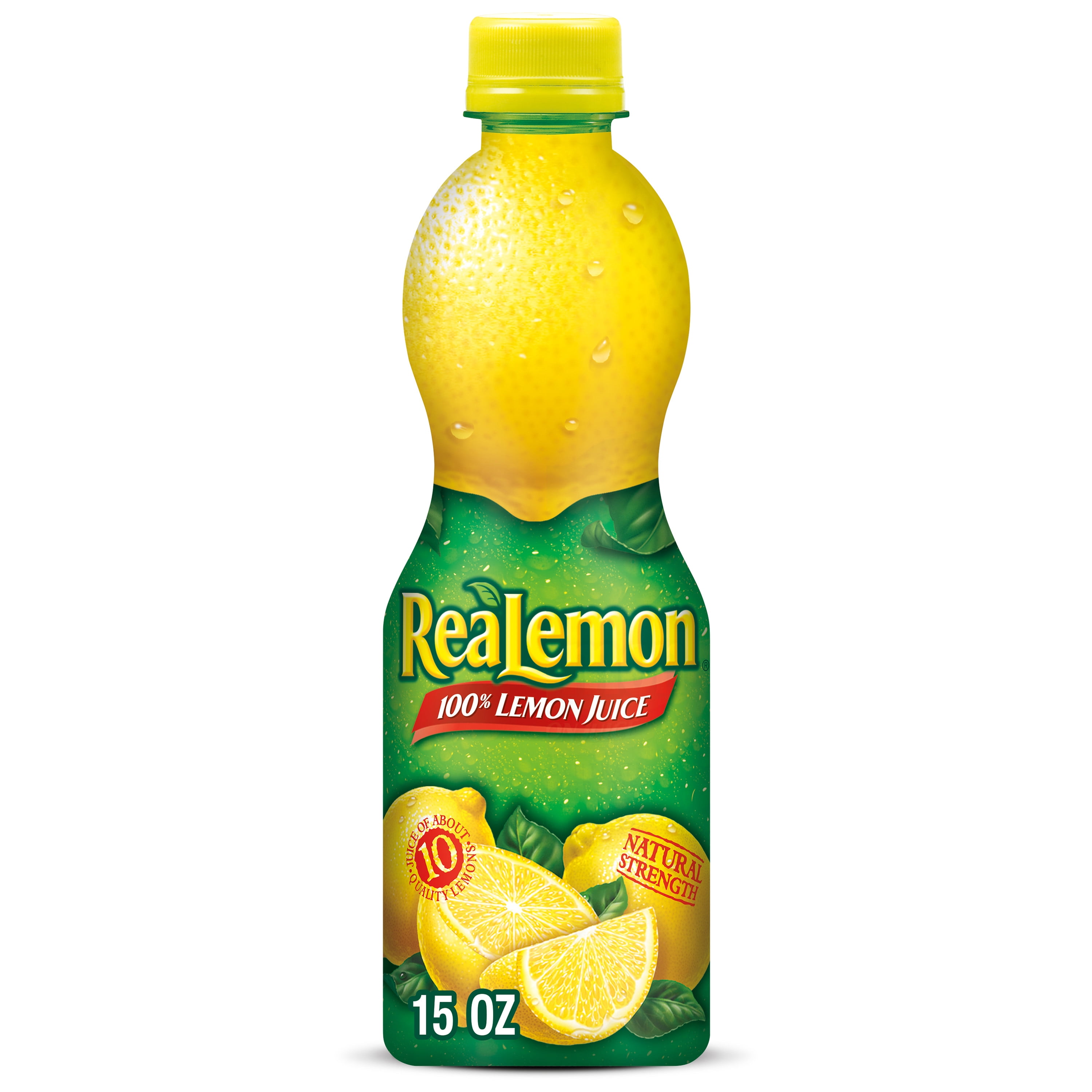 from Walmart
from Walmart
Despite citric acid being an effective tool for delaying browning, the concentration at which its effects last for an extended period of time is unknown. Therefore, lemon juice was chosen since it is known to be composed of approximately 6% citric acid . Lemon juice also contains other acids, like ascorbic acid and malic acid, but their concentrations are negligible since citric acid comprises about 95% of the acid content of lemon juice . Granny smith apples were used as they are a common fruit consumed in households and are known to brown quickly after being sliced. It was hypothesized that lemon juice will delay the onset of browning due to the citric acid making the juice’s pH too acidic for polyphenol oxidase to initiate the conversion of tyrosine into melanin. If lemon juice delays browning, then the surface area of browning that appears on apple slices over a set period of time would decrease as the concentration of lemon juice the apple is exposed to increases.
Conclusion
This result shows that increasing lemon juice concentration results in the decrease of browning due to the low pH of the juice compared to the pH that browns apple flesh. These results provide insight for future studies to find more effective anti-browning agents and to further investigate environmental temperatures to avoid to delay browning.
—–Chenyang Luo
Reference
Son, S. M., Moon, K. D., & Lee, C. Y. (2001). Inhibitory effects of various antibrowning agents on apple slices. Food Chemistry, 73(1), 23-30
Tinello, F., & Lante, A. (2018). Recent advances in controlling polyphenol oxidase activity of fruit and vegetable products. Innovative Food Science & Emerging Technologies, 50, 73–83. https://doi.org/10.1016/j.ifset.2018.10.008
Tortoe, C., Orchard, J., & Beezer, A. (2007). Prevention of enzymatic browning of apple cylinders using different solutions. International Journal of Food Science & Technology, 42(12), 1475-1481.
Yapo, B. M. (2009). Lemon juice improves the extractability and quality characteristics of pectin from yellow passion fruit by-product as compared with commercial citric acid extractant. Bioresource Technology, 100(12), 3147–3151. https://doi.org/10.1016/j.biortech.2009.01.039


